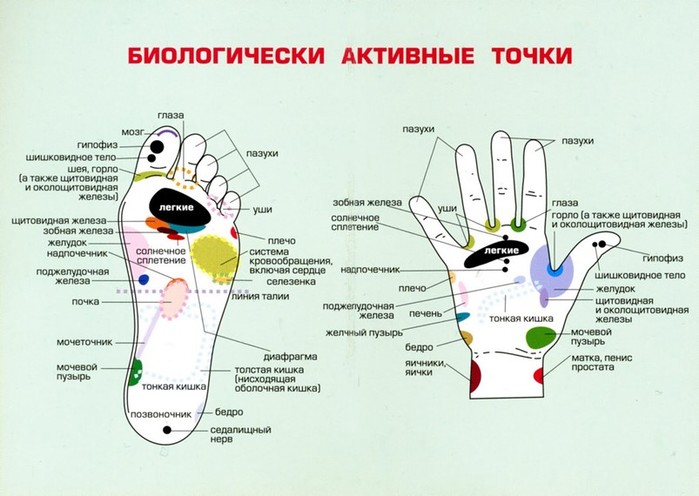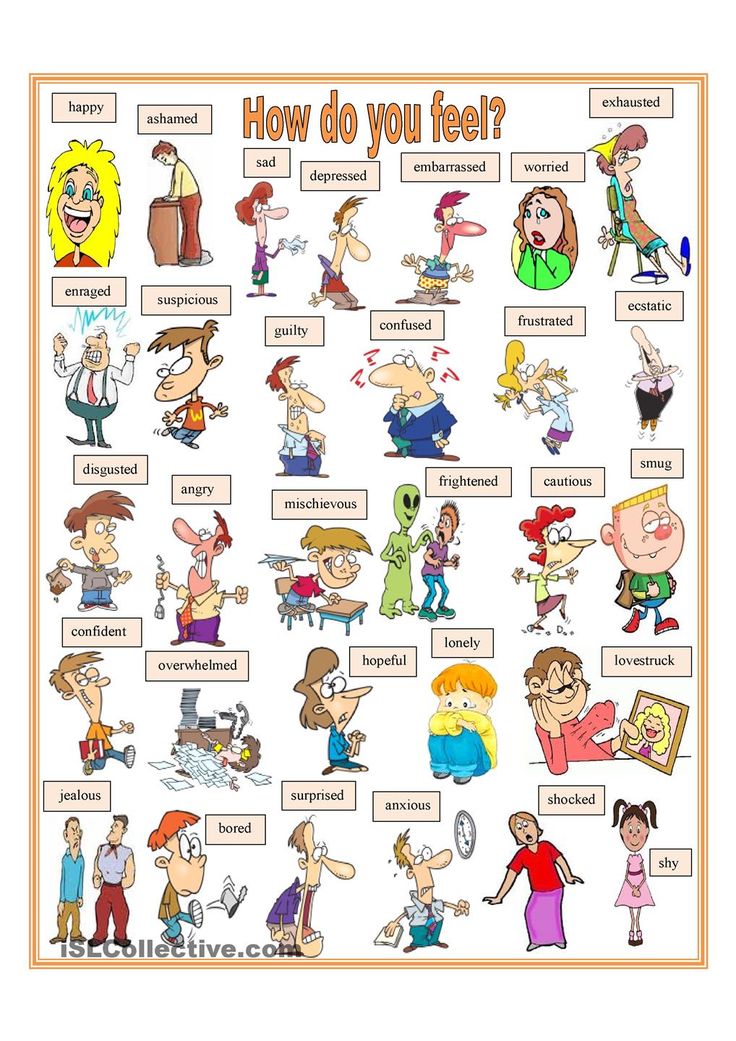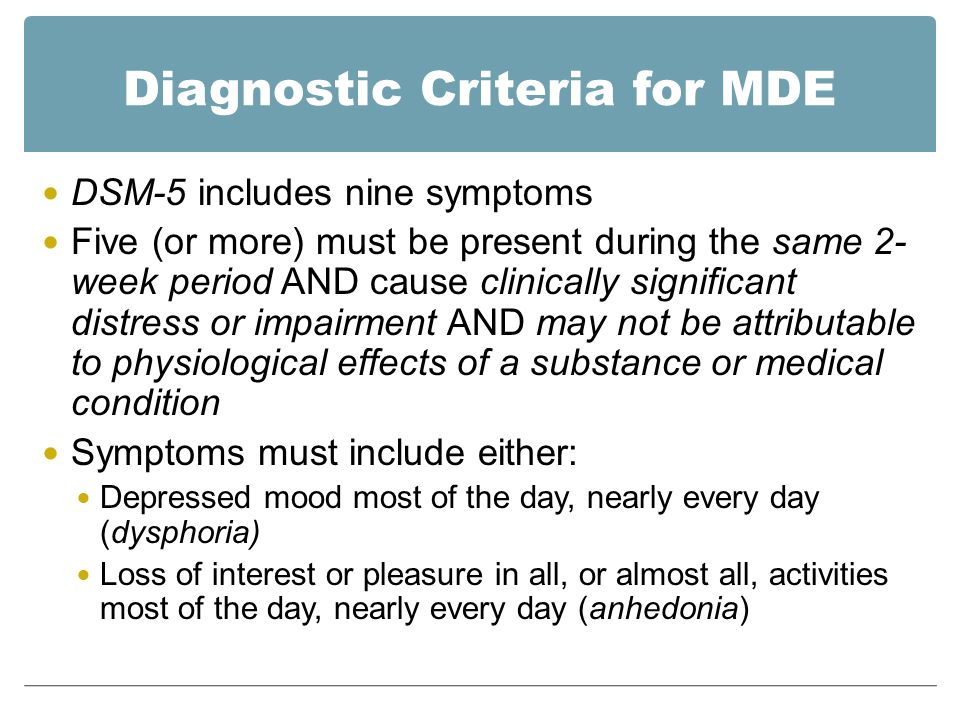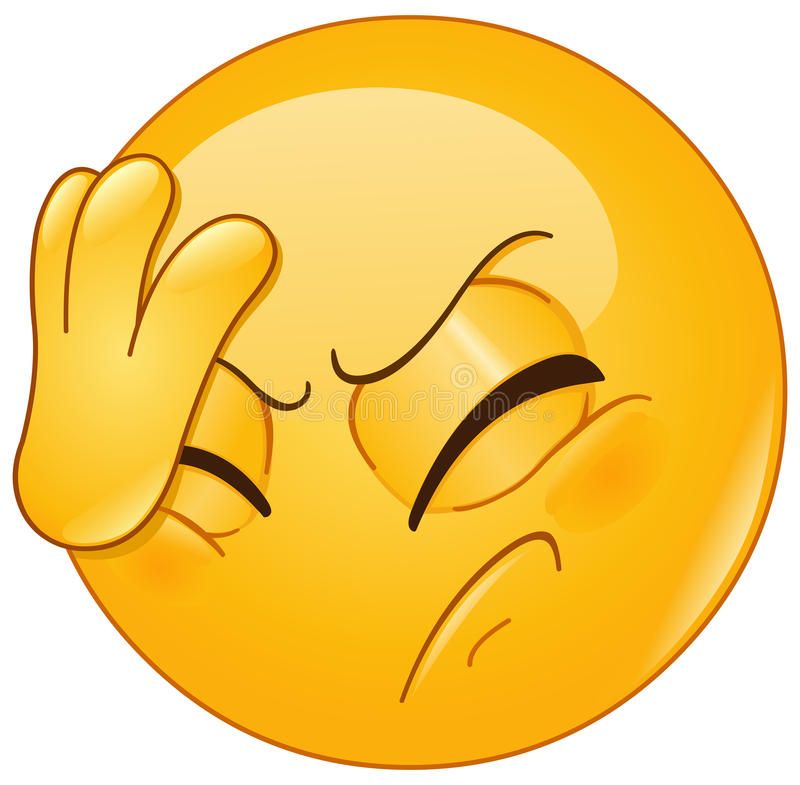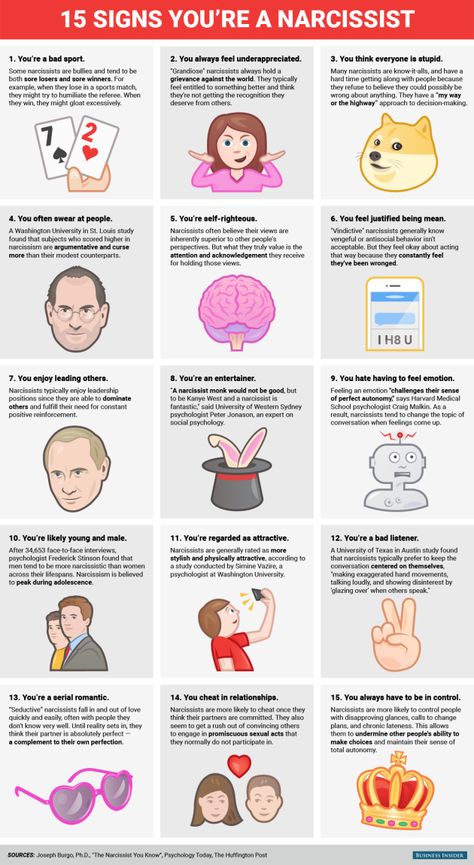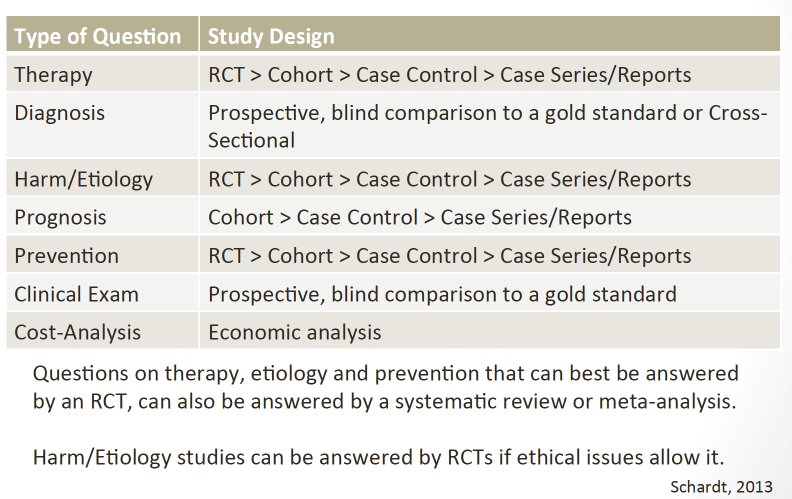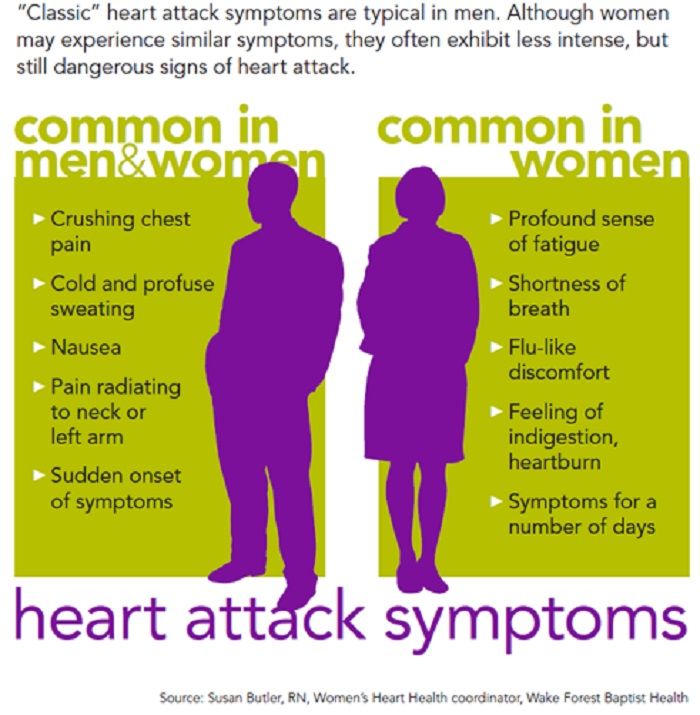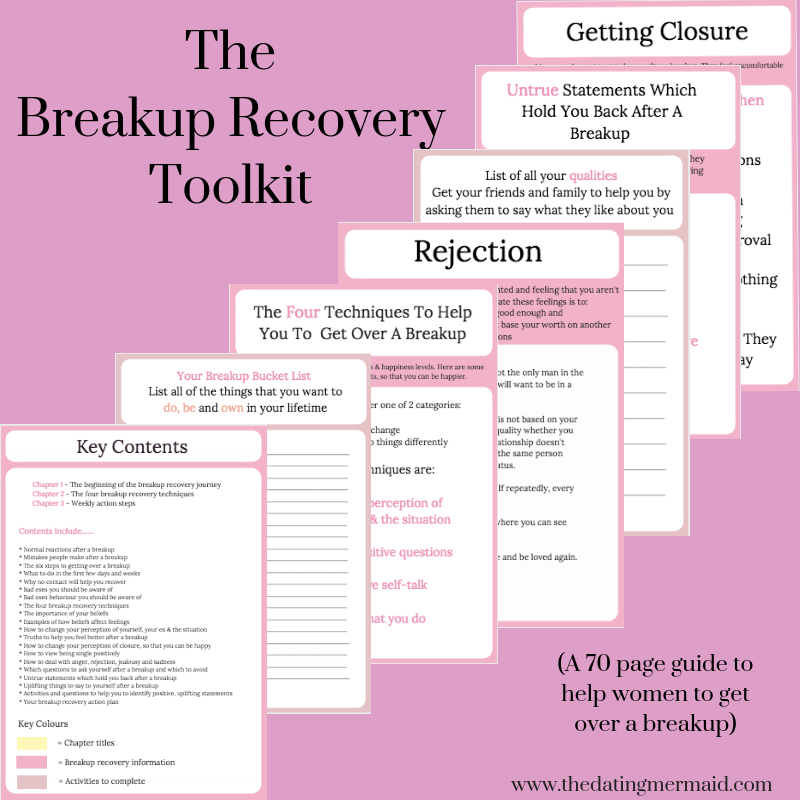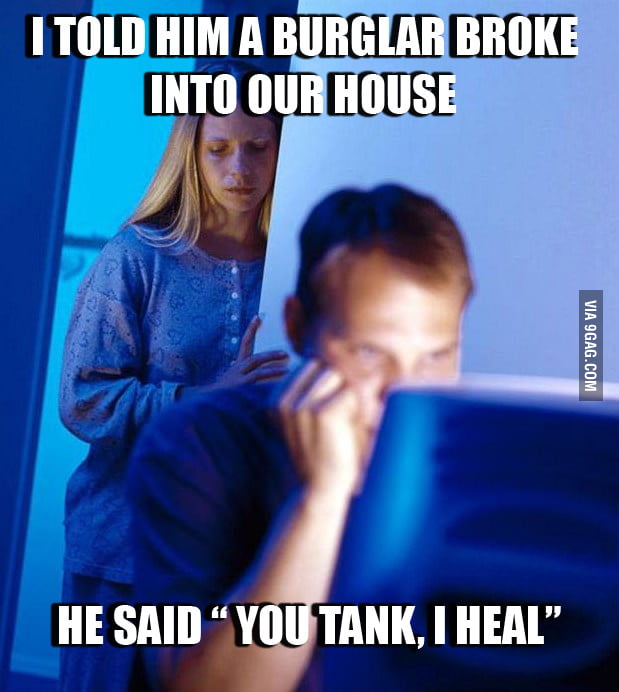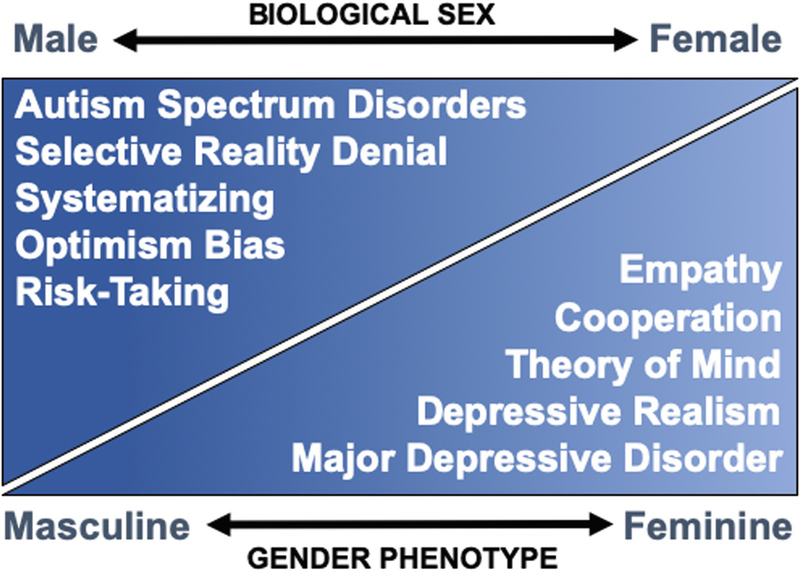Acupuncture to cure insomnia
Get the Best Treatment for Your Best Zzz’s
Acupuncture is a technique that involves inserting needles into the skin to stimulate certain areas of the body.
The practice of acupuncture has grown in popularity as a treatment for a variety of health conditions, like allergies, asthma, stress, depression, and insomnia.
Here’s what the research has to say about the types and benefits of acupuncture for sleep, along with tips for finding a practitioner.
Although experts at the National Center for Complementary and Integrative Health say there’s evidence to recommend acupuncture for the treatment of chronic pain, they say there isn’t enough research yet on its effects on other health conditions, such as insomnia.
That doesn’t mean acupuncture definitely doesn’t help people to sleep better — or even that it hasn’t been studied.
“Despite the skepticism of some physicians, acupuncture is increasingly an evidence-based medicine,” says Gary Stanton, MD, a neurologist and sleep medicine specialist at Emerson Hospital in Concord, MA.
Stanton is board certified in neurology, sleep medicine, and acupuncture, and he practices acupuncture on his patients.
“I consider it to be one among several treatment options for a variety of problems, [including] pain and sleep,” he says.
Although more research is needed, acupuncture may be a helpful treatment for symptoms of:
- sleep disturbances
- sleep apnea
- insomnia
- pain
- anxiety
- depression
- restless legs syndrome
Sleep, pain, and anxiety
Tony Chon, MD, a general internal medicine specialist and expert in acupuncture at Mayo Clinic in Rochester, MN, says that, while there’s not enough evidence to prove acupuncture treats insomnia, he performs it on patients with sleep issues related to pain or anxiety.
“The potential gains outweigh the minimal risks,” Chon says. “From clinical experience and anecdotally, acupuncture appears to be very helpful. Many of my patients communicate a sense of calm after acupuncture that helps them sleep better for several days.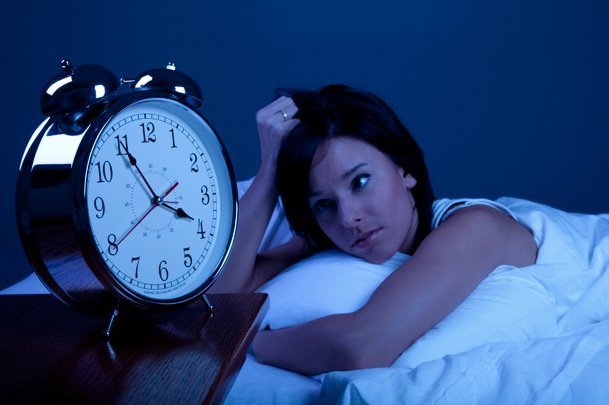 ”
”
General insomnia
Everyone has trouble sleeping from time to time. You may be among the estimated 1 in 3 people with insomnia if poor sleep affects your ability to function during the day.
Insomnia symptoms can last for a few days to months or longer and include:
- having a hard time falling asleep
- waking up during the night and finding it difficult to fall back asleep
- waking up early
Causes for insomnia vary and may include:
- medical conditions, such as sleep apnea
- mental health disorders, such as anxiety
- chronic pain
- irregular sleep schedules
- no known medical, psychiatric, or environmental cause (known as primary insomnia)
For Stanton, acupuncture is an alternative to medications, like benzodiazepines, used to treat insomnia. The U.S. Food & Drug Administration (FDA) warns that benzodiazepines often lead to misuse, abuse, and addiction — even when taken as prescribed.
“Patients appreciate choices,” Stanton says.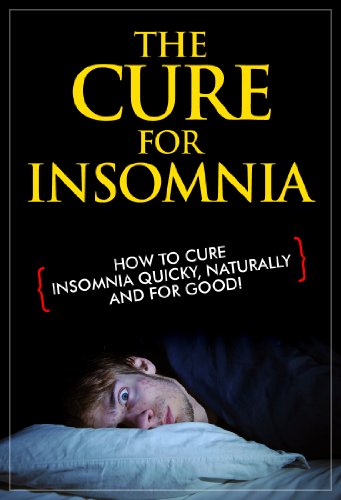 “Acupuncture is safe, it promotes healing from within, and it poses much less risks to a patient than drug therapy.”
“Acupuncture is safe, it promotes healing from within, and it poses much less risks to a patient than drug therapy.”
Stanton says there’s some research suggesting that acupuncture may help treat obstructive sleep apnea, insomnia, restless legs syndrome, and anxiety.
“Overall, the evidence shouldn’t be exaggerated. It’s generally mild to modest, but it’s there,” he says.
Primary insomnia
While more research needs to be done, there’s some evidence suggesting that acupuncture can help people with insomnia that’s not attributable to any specific cause.
“Many of my patients with insomnia benefit from it,” Stanton notes.
In a small 2017 study, researchers gave traditional acupuncture or sham acupuncture, where needles are not inserted as far into the skin, to 72 people with primary insomnia. Participants were treated 3 times per week for 4 weeks.
Researchers found that acupuncture was more effective at improving insomnia symptoms, sleep efficiency, and total sleep time during treatment. People’s sleep awakenings and self-rated anxiety also improved significantly 2 and 4 weeks after treatment.
People’s sleep awakenings and self-rated anxiety also improved significantly 2 and 4 weeks after treatment.
A 2013 double-blind study of 180 people with primary insomnia found that traditional acupuncture was more effective at increasing sleep quality and daytime functioning than sham acupuncture or the sedative medication estazolam.
Sleep apnea
Obstructive sleep apnea (OSA) is a condition where you stop breathing while you’re sleeping. It can result in oxygen deprivation throughout the night that can leave you tired the next day, even if you slept all night.
A 2020 review of nine studies involving nearly 600 people found that acupuncture significantly improved OSA symptoms, ratings of sleepiness, and oxygen saturation levels. This was especially true among people with moderate to severe cases.
A 2016 review of six studies came to similar conclusions.
“There are studies that would indicate acupuncture use for sleep apnea, but due to many factors, I would also state [there’s] not sufficiently rigorous evidence,” Chon says.
Insomnia and mental health disorders
Sleep problems are more common among people with anxiety and depression. There’s limited research suggesting that acupuncture may help.
A 2020 study of 90 people with depression and insomnia found that 3 weekly sessions of electroacupuncture, a type of acupuncture that uses electric currents, for 8 weeks improved:
- sleep quality
- sleep efficiency
- total sleep time
- depression
These improvements were significantly greater when compared with sham or placebo treatment.
There haven’t been large, quality studies on the effects of acupuncture for people with anxiety and insomnia. However, a 2021 review of 20 studies on acupuncture’s effects on anxiety alone found that it improved anxiety symptoms compared with a placebo.
Insomnia and pain
Some people have trouble sleeping due to chronic pain, which is pain that lasts for at least 3 months.
A 2019 review of nine studies involving nearly 1,000 people with insomnia caused by chronic pain concluded that acupuncture was better at improving sleep quality compared with sham treatment or medication.
The review’s authors noted that past studies were low quality or involved few people.
While it’s sometimes considered an “alternative” treatment in the United States, acupuncture is a 3,000-year-old practice in Traditional Chinese Medicine (TCM), explains Jessica Sowards, MS, LAc.
Sowards is a board certified acupuncturist and Chinese medicine and acupuncture lead at THE WELL in New York City.
“Chinese medicine looks at the mind, body, and spirit as one interconnected system and strives to understand the root cause of illness or imbalance and to rectify it,” she says.
Acupuncture involves inserting needles into certain points on the body located on what are known as meridians. In Chinese medicine, meridians are pathways in the body where life energy, known as “Qi,” flows, Sowards explains.
“We view each individual body as a network, an electrical highway of points and meridians, which is informed by internal and external stimuli that are always in flux,” she says.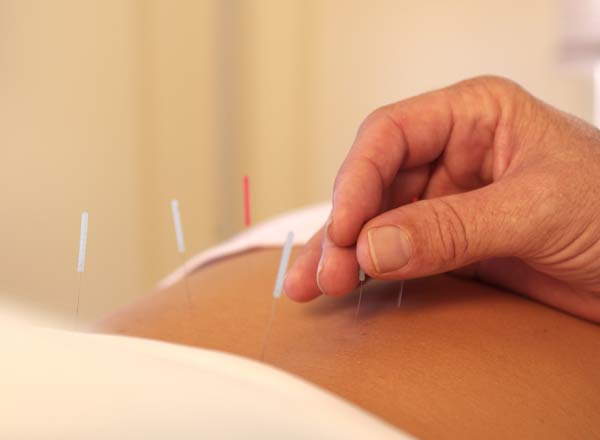 “Acupuncture needles tap into this network and can affect immediate and lasting change by redirecting and harmonizing this flow.”
“Acupuncture needles tap into this network and can affect immediate and lasting change by redirecting and harmonizing this flow.”
The science
From a biological standpoint, acupuncture is thought to be a neuromodulator. That means it tones down the brain’s perception of sensory signals, including pain, Stanton explains.
“Different areas of the brain light up on a functional MRI, so we can see that the influence of acupuncture on the brain is fairly widespread,” he says.
Ear seeds, acupressure, and reflexology “are all alternative methods of applying pressure and stimuli to acupuncture points,” Sowards says.
- Acupressure is the method of applying pressure to acupuncture points along meridian pathways.
- Reflexology is a type of massage that involves applying different amounts of pressure to the feet, hands, and ears.
- Ear seeds are small metal “seeds” that adhere to the ear to stimulate certain points on the body.
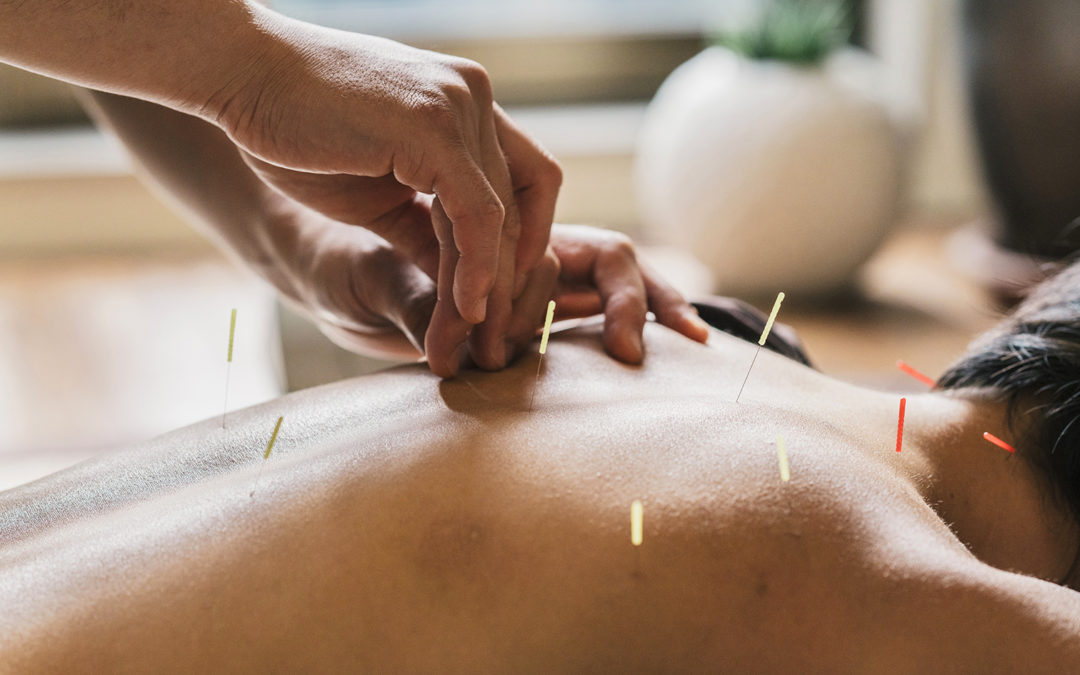
- Cupping therapy involves placing cups on the skin to create suction.
- Electroacupuncture is a form of acupuncture using electrical currents.
- Moxibustion is the practice of burning a small cone or stick made of ground mugwort leaves at certain points.
Auricular acupuncture is a type of acupuncture performed specifically in the ear. “Most commonly today it’s used for treatment of pain and anxiety,” says Stanton. “Increasingly there’s literature to support its use in sleep medicine.”
Always verify that your acupuncture practitioner holds an active professional license to practice acupuncture in your state. You can search online for professional licenses in your state.
For example, if you live in New York State, you can enter a practitioner’s name in a tool on the Office of the Professions website.
You can also check whether your practitioner is accredited with the National Certification Commission for Acupuncture and Oriental Medicine (NCCAOM).
Sowards notes that, in certain states, chiropractors, medical doctors, or physical therapists can take a “weekend course” and be cleared to administer acupuncture.
“These courses do not teach the medical theory behind Chinese medicine and, therefore, subsequent treatments are often not effective,” she says.
If you decide to try acupuncture for sleep, expect:
- a thorough intake from your practitioner, including medical history
- a roughly 60-minute session
- 20 to 30 needles inserted in varying points
- your practitioner may choose to place needles or seeds in the ears
- your practitioner may choose to supplement with cupping therapy or moxibustion
There are more than 350 acupuncture points on the skin and fascia that correspond to 20 meridians, Sowards says. During each 60-minute acupuncture session, about 20 to 30 needles are inserted into certain points.
Practitioners first diagnose the root cause of a client’s problem.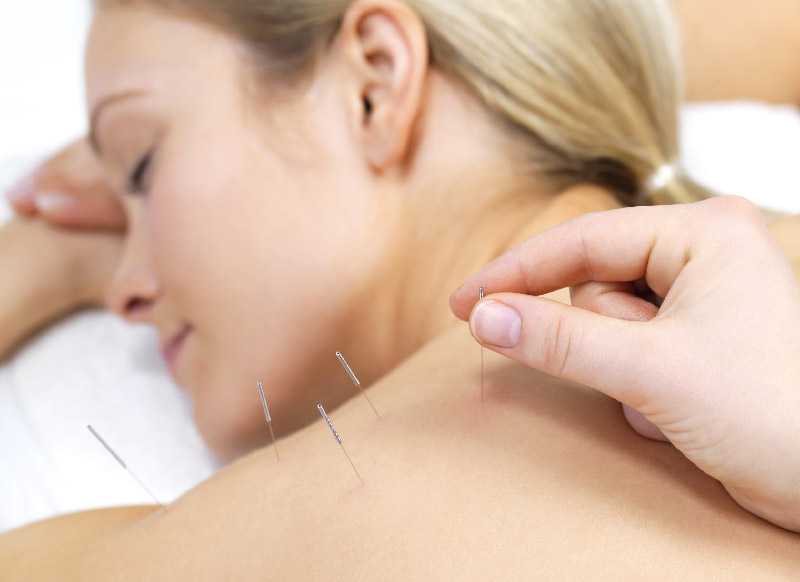 For example, they may determine that sleep problems are related to stress. They’ll then select acupuncture points that correspond to that diagnosis.
For example, they may determine that sleep problems are related to stress. They’ll then select acupuncture points that correspond to that diagnosis.
“One point can be used for many different issues, so it’s important to provide an individual diagnosis,” Sowards says.
Stanton usually recommends his patients try at least 3 to 6 acupuncture sessions. He adds that it often works best when paired with cognitive behavioral therapy, a type of talk therapy that can aim to treat the underlying causes of insomnia.
“I’ve had many patients who can get off of [sleep] drugs and feel better,” he says.
Experts note that acupuncture is extremely safe. But it can sometimes cause bruising.
“There are no medical conditions that are explicitly contraindicated for treatment except acute medical emergencies,” Sowards says.
Talk with your doctor if you have questions or concerns.
Acupuncture is a form of TCM that involves inserting needles into certain points on the body that correspond with energy channels known as meridians.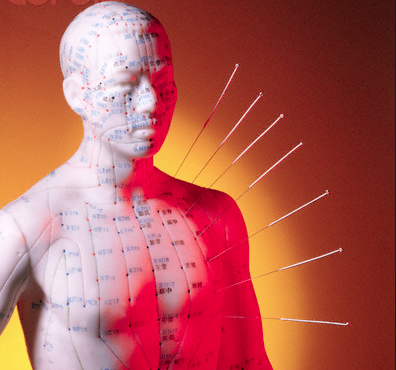
While acupuncture shows promise for treating sleep problems, like insomnia, there’s limited scientific evidence. Still, some doctors recommend acupuncture as a safe alternative to medications.
Get the Best Treatment for Your Best Zzz’s
Acupuncture is a technique that involves inserting needles into the skin to stimulate certain areas of the body.
The practice of acupuncture has grown in popularity as a treatment for a variety of health conditions, like allergies, asthma, stress, depression, and insomnia.
Here’s what the research has to say about the types and benefits of acupuncture for sleep, along with tips for finding a practitioner.
Although experts at the National Center for Complementary and Integrative Health say there’s evidence to recommend acupuncture for the treatment of chronic pain, they say there isn’t enough research yet on its effects on other health conditions, such as insomnia.
That doesn’t mean acupuncture definitely doesn’t help people to sleep better — or even that it hasn’t been studied.
“Despite the skepticism of some physicians, acupuncture is increasingly an evidence-based medicine,” says Gary Stanton, MD, a neurologist and sleep medicine specialist at Emerson Hospital in Concord, MA.
Stanton is board certified in neurology, sleep medicine, and acupuncture, and he practices acupuncture on his patients.
“I consider it to be one among several treatment options for a variety of problems, [including] pain and sleep,” he says.
Although more research is needed, acupuncture may be a helpful treatment for symptoms of:
- sleep disturbances
- sleep apnea
- insomnia
- pain
- anxiety
- depression
- restless legs syndrome
Sleep, pain, and anxiety
Tony Chon, MD, a general internal medicine specialist and expert in acupuncture at Mayo Clinic in Rochester, MN, says that, while there’s not enough evidence to prove acupuncture treats insomnia, he performs it on patients with sleep issues related to pain or anxiety.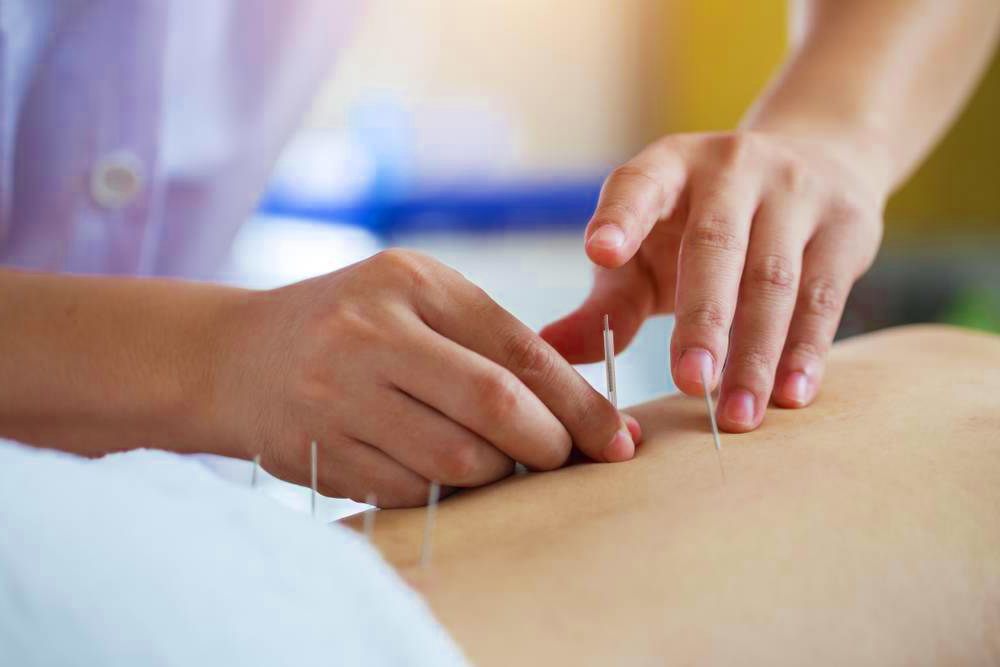
“The potential gains outweigh the minimal risks,” Chon says. “From clinical experience and anecdotally, acupuncture appears to be very helpful. Many of my patients communicate a sense of calm after acupuncture that helps them sleep better for several days.”
General insomnia
Everyone has trouble sleeping from time to time. You may be among the estimated 1 in 3 people with insomnia if poor sleep affects your ability to function during the day.
Insomnia symptoms can last for a few days to months or longer and include:
- having a hard time falling asleep
- waking up during the night and finding it difficult to fall back asleep
- waking up early
Causes for insomnia vary and may include:
- medical conditions, such as sleep apnea
- mental health disorders, such as anxiety
- chronic pain
- irregular sleep schedules
- no known medical, psychiatric, or environmental cause (known as primary insomnia)
For Stanton, acupuncture is an alternative to medications, like benzodiazepines, used to treat insomnia.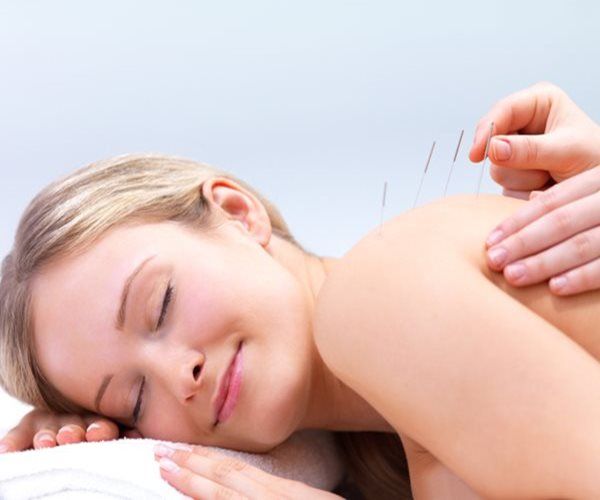 The U.S. Food & Drug Administration (FDA) warns that benzodiazepines often lead to misuse, abuse, and addiction — even when taken as prescribed.
The U.S. Food & Drug Administration (FDA) warns that benzodiazepines often lead to misuse, abuse, and addiction — even when taken as prescribed.
“Patients appreciate choices,” Stanton says. “Acupuncture is safe, it promotes healing from within, and it poses much less risks to a patient than drug therapy.”
Stanton says there’s some research suggesting that acupuncture may help treat obstructive sleep apnea, insomnia, restless legs syndrome, and anxiety.
“Overall, the evidence shouldn’t be exaggerated. It’s generally mild to modest, but it’s there,” he says.
Primary insomnia
While more research needs to be done, there’s some evidence suggesting that acupuncture can help people with insomnia that’s not attributable to any specific cause.
“Many of my patients with insomnia benefit from it,” Stanton notes.
In a small 2017 study, researchers gave traditional acupuncture or sham acupuncture, where needles are not inserted as far into the skin, to 72 people with primary insomnia.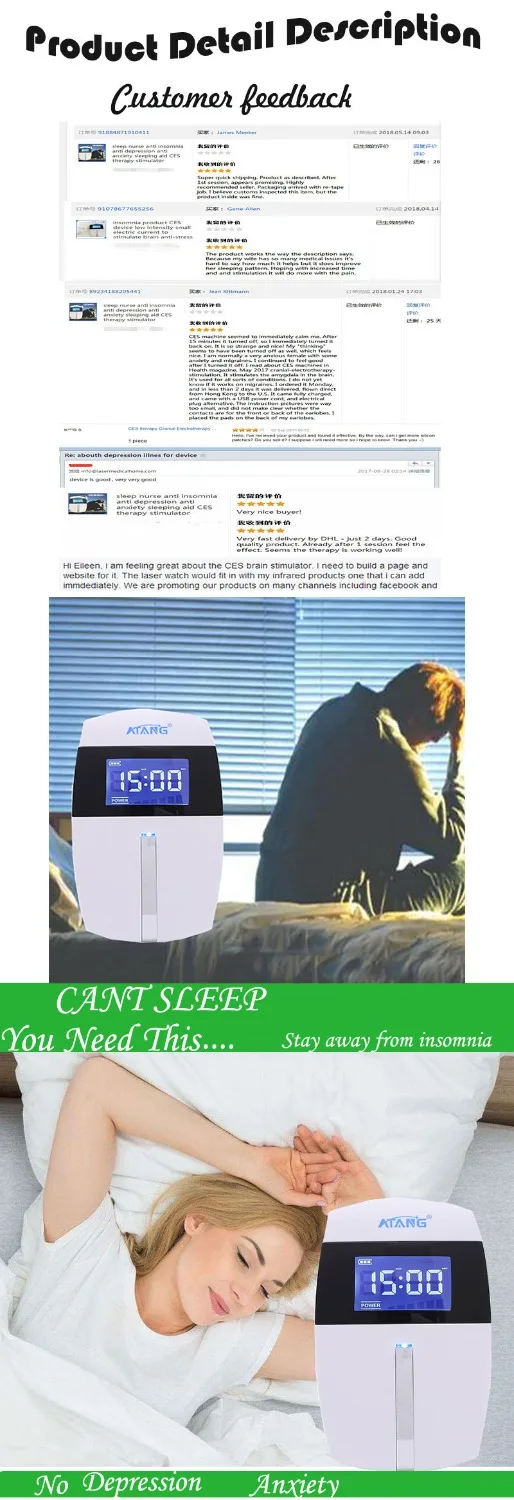 Participants were treated 3 times per week for 4 weeks.
Participants were treated 3 times per week for 4 weeks.
Researchers found that acupuncture was more effective at improving insomnia symptoms, sleep efficiency, and total sleep time during treatment. People’s sleep awakenings and self-rated anxiety also improved significantly 2 and 4 weeks after treatment.
A 2013 double-blind study of 180 people with primary insomnia found that traditional acupuncture was more effective at increasing sleep quality and daytime functioning than sham acupuncture or the sedative medication estazolam.
Sleep apnea
Obstructive sleep apnea (OSA) is a condition where you stop breathing while you’re sleeping. It can result in oxygen deprivation throughout the night that can leave you tired the next day, even if you slept all night.
A 2020 review of nine studies involving nearly 600 people found that acupuncture significantly improved OSA symptoms, ratings of sleepiness, and oxygen saturation levels. This was especially true among people with moderate to severe cases.
A 2016 review of six studies came to similar conclusions.
“There are studies that would indicate acupuncture use for sleep apnea, but due to many factors, I would also state [there’s] not sufficiently rigorous evidence,” Chon says.
Insomnia and mental health disorders
Sleep problems are more common among people with anxiety and depression. There’s limited research suggesting that acupuncture may help.
A 2020 study of 90 people with depression and insomnia found that 3 weekly sessions of electroacupuncture, a type of acupuncture that uses electric currents, for 8 weeks improved:
- sleep quality
- sleep efficiency
- total sleep time
- depression
These improvements were significantly greater when compared with sham or placebo treatment.
There haven’t been large, quality studies on the effects of acupuncture for people with anxiety and insomnia. However, a 2021 review of 20 studies on acupuncture’s effects on anxiety alone found that it improved anxiety symptoms compared with a placebo.
Insomnia and pain
Some people have trouble sleeping due to chronic pain, which is pain that lasts for at least 3 months.
A 2019 review of nine studies involving nearly 1,000 people with insomnia caused by chronic pain concluded that acupuncture was better at improving sleep quality compared with sham treatment or medication.
The review’s authors noted that past studies were low quality or involved few people.
While it’s sometimes considered an “alternative” treatment in the United States, acupuncture is a 3,000-year-old practice in Traditional Chinese Medicine (TCM), explains Jessica Sowards, MS, LAc.
Sowards is a board certified acupuncturist and Chinese medicine and acupuncture lead at THE WELL in New York City.
“Chinese medicine looks at the mind, body, and spirit as one interconnected system and strives to understand the root cause of illness or imbalance and to rectify it,” she says.
Acupuncture involves inserting needles into certain points on the body located on what are known as meridians.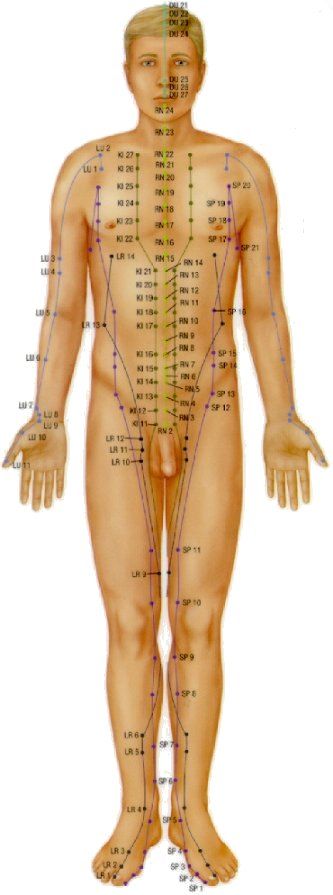 In Chinese medicine, meridians are pathways in the body where life energy, known as “Qi,” flows, Sowards explains.
In Chinese medicine, meridians are pathways in the body where life energy, known as “Qi,” flows, Sowards explains.
“We view each individual body as a network, an electrical highway of points and meridians, which is informed by internal and external stimuli that are always in flux,” she says. “Acupuncture needles tap into this network and can affect immediate and lasting change by redirecting and harmonizing this flow.”
The science
From a biological standpoint, acupuncture is thought to be a neuromodulator. That means it tones down the brain’s perception of sensory signals, including pain, Stanton explains.
“Different areas of the brain light up on a functional MRI, so we can see that the influence of acupuncture on the brain is fairly widespread,” he says.
Ear seeds, acupressure, and reflexology “are all alternative methods of applying pressure and stimuli to acupuncture points,” Sowards says.
- Acupressure is the method of applying pressure to acupuncture points along meridian pathways.
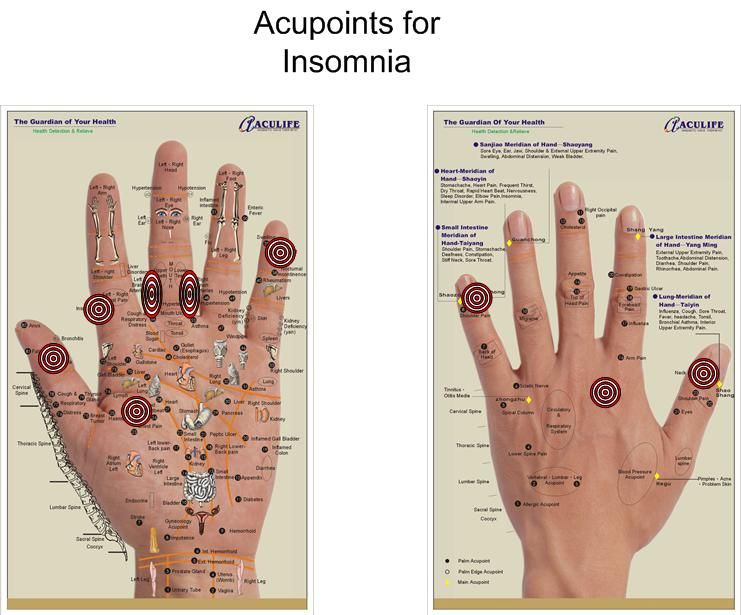
- Reflexology is a type of massage that involves applying different amounts of pressure to the feet, hands, and ears.
- Ear seeds are small metal “seeds” that adhere to the ear to stimulate certain points on the body.
- Cupping therapy involves placing cups on the skin to create suction.
- Electroacupuncture is a form of acupuncture using electrical currents.
- Moxibustion is the practice of burning a small cone or stick made of ground mugwort leaves at certain points.
Auricular acupuncture is a type of acupuncture performed specifically in the ear. “Most commonly today it’s used for treatment of pain and anxiety,” says Stanton. “Increasingly there’s literature to support its use in sleep medicine.”
Always verify that your acupuncture practitioner holds an active professional license to practice acupuncture in your state. You can search online for professional licenses in your state.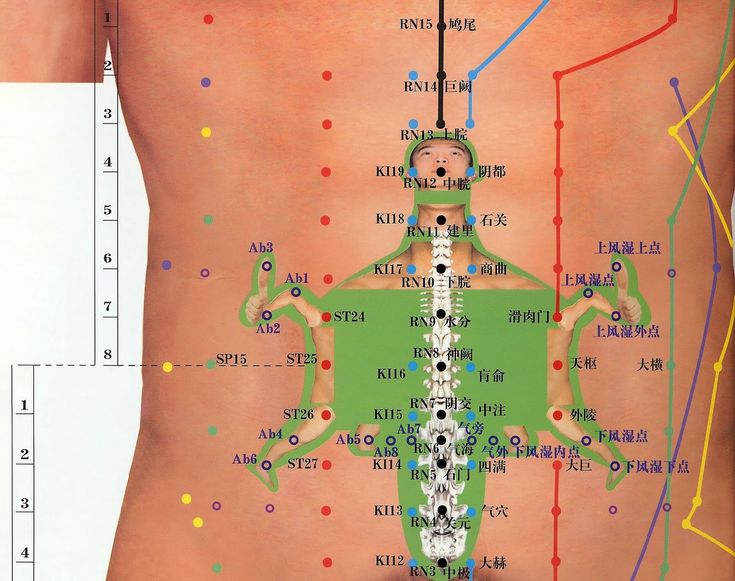
For example, if you live in New York State, you can enter a practitioner’s name in a tool on the Office of the Professions website.
You can also check whether your practitioner is accredited with the National Certification Commission for Acupuncture and Oriental Medicine (NCCAOM).
Sowards notes that, in certain states, chiropractors, medical doctors, or physical therapists can take a “weekend course” and be cleared to administer acupuncture.
“These courses do not teach the medical theory behind Chinese medicine and, therefore, subsequent treatments are often not effective,” she says.
If you decide to try acupuncture for sleep, expect:
- a thorough intake from your practitioner, including medical history
- a roughly 60-minute session
- 20 to 30 needles inserted in varying points
- your practitioner may choose to place needles or seeds in the ears
- your practitioner may choose to supplement with cupping therapy or moxibustion
There are more than 350 acupuncture points on the skin and fascia that correspond to 20 meridians, Sowards says.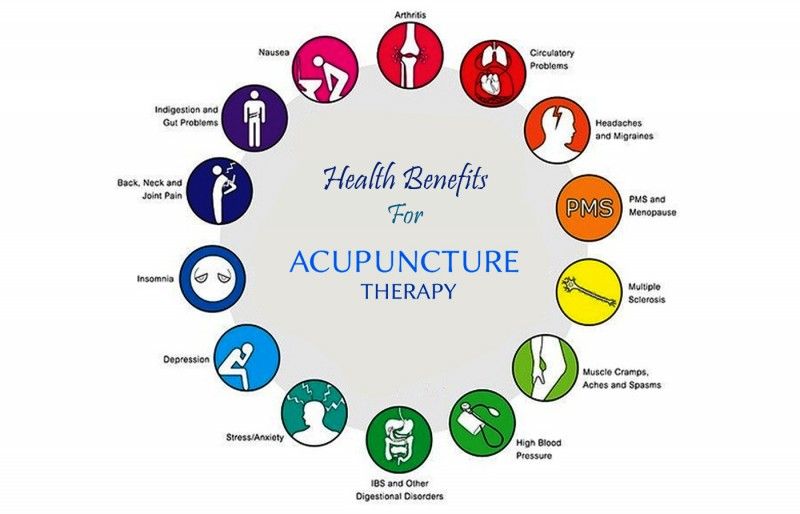 During each 60-minute acupuncture session, about 20 to 30 needles are inserted into certain points.
During each 60-minute acupuncture session, about 20 to 30 needles are inserted into certain points.
Practitioners first diagnose the root cause of a client’s problem. For example, they may determine that sleep problems are related to stress. They’ll then select acupuncture points that correspond to that diagnosis.
“One point can be used for many different issues, so it’s important to provide an individual diagnosis,” Sowards says.
Stanton usually recommends his patients try at least 3 to 6 acupuncture sessions. He adds that it often works best when paired with cognitive behavioral therapy, a type of talk therapy that can aim to treat the underlying causes of insomnia.
“I’ve had many patients who can get off of [sleep] drugs and feel better,” he says.
Experts note that acupuncture is extremely safe. But it can sometimes cause bruising.
“There are no medical conditions that are explicitly contraindicated for treatment except acute medical emergencies,” Sowards says.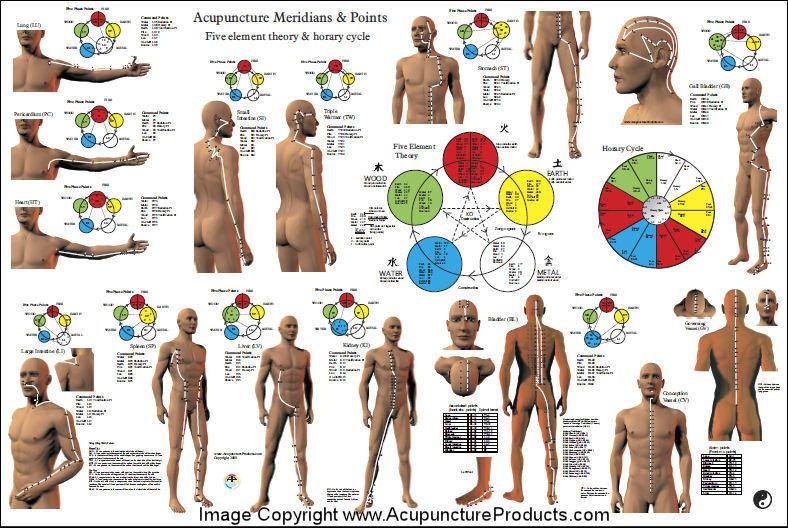
Talk with your doctor if you have questions or concerns.
Acupuncture is a form of TCM that involves inserting needles into certain points on the body that correspond with energy channels known as meridians.
While acupuncture shows promise for treating sleep problems, like insomnia, there’s limited scientific evidence. Still, some doctors recommend acupuncture as a safe alternative to medications.
Treatment of insomnia - how to treat and cure insomnia, Tibet Clinic
- Effective treatment of insomnia without pills!
- Initial consultation with a doctor FREE OF CHARGE
- More than 30 doctors with 20-40 years of experience
Verified by an expert
Yakovenko Valentin Valentinovich
Reflexologist, psychotherapist Date of inspection: 10/18/2022
CONTENTS:
- What is insomnia
- Why are sleeping pills dangerous?
- Treatment for insomnia
- Methods for treating insomnia
What is insomnia
Insomnia is a diagnosis that combines various sleep disorders.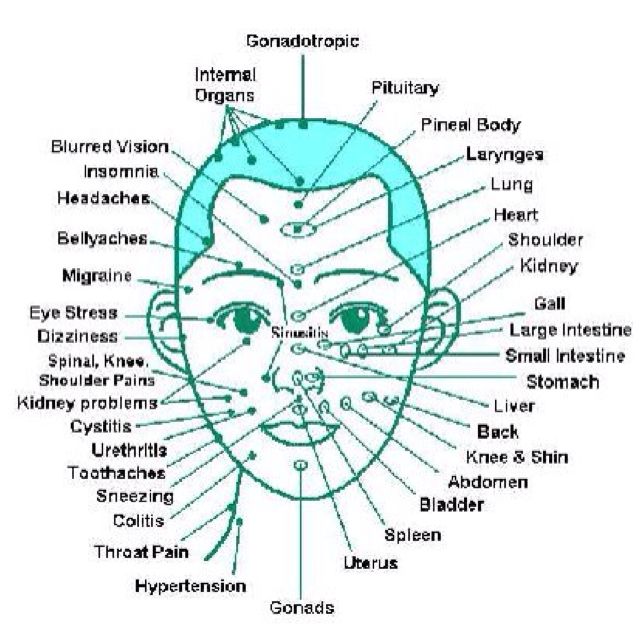 In addition, it means unsatisfactory quality of sleep.
In addition, it means unsatisfactory quality of sleep.
Another name for insomnia is insomnia. Most often, it means the inability to fall asleep or frequent awakenings, chronic sleep deprivation, that is, lack of sleep at night. Other symptoms of this disorder are disturbing dreams, restless, superficial sleep, after which a person gets up not rested, but, on the contrary, tired, exhausted, sleepy.
Depending on the predominance of certain symptoms, doctors distinguish between intrasomnic, presomnic, or postsomnic disorders. The first means poor sleep, the second means difficulty falling asleep or inability to fall asleep. The third means that it is difficult for a person to wake up, during the day he constantly experiences fatigue, drowsiness.
The clinic "Tibet" uses oriental methods of treating insomnia, which show good efficiency in any sleep disorders. These are Tibetan herbal medicine, acupuncture, massage and other oriental methods of reflexology. Positive results are achieved in 96-98% of cases and persist for a long time.
Positive results are achieved in 96-98% of cases and persist for a long time.
Why are sleeping pills dangerous?
With chronic insomnia, a disorder of the nervous system develops, its imbalance increases. This leads to the development of increased anxiety, neurosis, depression.
When taking sleeping pills, as you get used to them, you get less and less effect, you have to increase the dosage or switch to more potent drugs. Side effects, on the contrary, accumulate and intensify. At the same time, the maximum duration of taking most sleeping pills does not exceed 6 months. And then what? After all, the cause of insomnia remained, no one treated it. All that has been done is a waste of time.
Yakovenko Valentin Valentinovich Reflexologist, psychotherapist Experience 33 yearsSleeping pills have a psychotropic effect. They artificially slow down, suppress the nervous system. Thus, they compensate for the lack of braking processes and help to fall asleep. But this is where their action is limited. Meanwhile, it is not insomnia that needs to be treated, but its cause, which these drugs do not affect in any way.

Treatment of insomnia
Treatment of insomnia in the clinic "Tibet" eliminates the cause of the disorder of the nervous system. As a result, all his symptoms, including sleep disturbance, disappear. This is achieved without the use of psychotropic, sedative, sedative or other pharmaceutical drugs. The methods we use do not give side effects. They are completely safe and effective in treating sleep disorders at any age, including children and the elderly.
Stage 1 (Diagnosis)
First of all, it is necessary to determine the cause of insomnia. To do this, the doctor at the primary free admission conducts a comprehensive diagnosis - a survey, examination, pulse diagnosis.
Perhaps sleep disturbance occurred against the background of frequent stress or chronic stress, mental trauma, psycho-emotional distress, negative emotions, mental, mental overwork, emotional overload. Insomnia can be one of the signs of chronic fatigue syndrome (CFS). Or is it one of the symptoms of neurasthenia, neurosis, depression. Such cases require special complex treatment.
Insomnia can be one of the signs of chronic fatigue syndrome (CFS). Or is it one of the symptoms of neurasthenia, neurosis, depression. Such cases require special complex treatment.
In addition, chronic insomnia is often accompanied by hormonal, immune, metabolic disorders. These factors also need to be taken into account in treatment. It can be a symptom of vegetative-vascular dystonia, hyperthyroidism.
Next, the doctor proceeds to an external examination to identify signs of a disorder in the Wind and Mucus systems. He studies neurological reflexes, probes bioactive points. Using these methods, he studies the imbalance of the nervous system, the presence of muscle spasms, areas of persistent muscle tension. Perhaps the presence of inflammatory processes, chronic pain syndromes. If additional data is needed, the doctor gives a referral for laboratory tests.
Stage 2 (Sleep Recovery)
The treatment course may include from 9 to 11 complex sessions, including from 2 to 5 reflexotherapy techniques.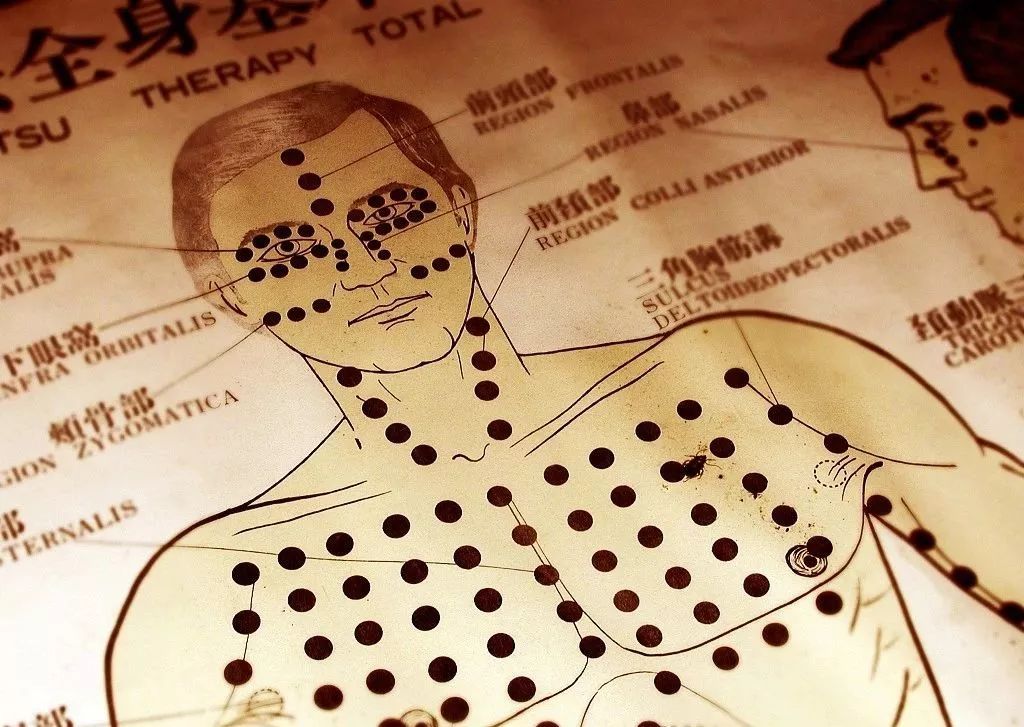 The main goal of treatment is to restore balance and strengthen the nervous system. With the help of a complex of procedures and herbal medicine, the doctor eliminates the cause of her overexcitation and exhaustion, restores the balance of the processes of activation and inhibition.
The main goal of treatment is to restore balance and strengthen the nervous system. With the help of a complex of procedures and herbal medicine, the doctor eliminates the cause of her overexcitation and exhaustion, restores the balance of the processes of activation and inhibition.
If a sleep disorder is accompanied by a violation of hormonal regulation, metabolic, immune disorders, the doctor restores this balance.
As a rule, insomnia is accompanied by the accumulation of cold in the body. To increase the level of energy, the doctor uses methods that warm the body, increase heat. At the same time, it eliminates gaps through which vital energy is lost. To a large extent, this is facilitated by individual nutrition correction and herbal medicine, which are among the mild methods of treating insomnia.
Treatments for insomnia
Phytotherapy
Clinic "Tibet" uses Tibetan herbal medicines for treatment. They have a mild calming effect, while not suppressing, but harmonizing the nervous system.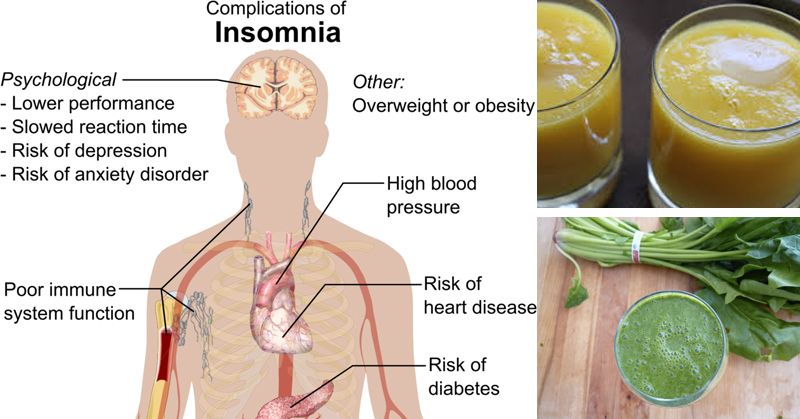 They help eliminate the effects of stress, increase resistance to stress, improve emotional state, restore and strengthen psycho-emotional balance.
They help eliminate the effects of stress, increase resistance to stress, improve emotional state, restore and strengthen psycho-emotional balance.
These phytopreparations do not cause addiction, dependence, do not have side effects such as drowsiness, lethargy, decreased concentration. They restore the natural balance of the nervous system. As a result, problems with falling asleep disappear, and the quality of sleep improves.
Acupuncture
The introduction of thin medical needles into bioactive points is a painless and effective procedure. With its help, the doctor restores the normal circulation of vital energy along the meridians, increases the level of energy, heat in the body. This method harmonizes the nervous system, improves sleep, relieves emotional stress, improves the endocrine system, neurohormonal regulation.
Acupuncture activates the production of endorphins, dopamine, serotonin and its processing into melatonin, the sleep hormone. With the help of acupuncture, hormonal balance is normalized, pain syndromes and muscle tension are relieved.
With the help of acupuncture, hormonal balance is normalized, pain syndromes and muscle tension are relieved.
The choice of bioactive points, the scheme of acupuncture are determined individually, depending on the cause, symptoms of insomnia, the presence of concomitant disorders.
Acupressure
Consistent strong pressure on the bioactive points eliminates muscle tension, which usually accompanies nervous stress and insomnia. This procedure helps to eliminate mental stress, get rid of the burden of negative emotions, the effects of stress, overwork, signs of chronic stress.
Moxibustion
Exposure to heat on bioactive points improves the functioning of the immune, endocrine systems, metabolism, helps to eliminate the disorder of the nervous system, restore the balance of inhibition and activation processes.
Vacuum therapy
Cupping (vacuum, magnetic-vacuum), cupping massage alleviate muscle pain, tension, muscle spasms, improve blood circulation, metabolic processes, and have a positive effect on immunity. This procedure helps to relieve physical, emotional stress. It is used in the complex treatment of sleep disorders, nervous disorders, pain syndromes.
This procedure helps to relieve physical, emotional stress. It is used in the complex treatment of sleep disorders, nervous disorders, pain syndromes.
Frequently asked questions about insomnia
Acupuncture has no side effects. This procedure improves the state of the nervous system, relieves overexcitation, calms and at the same time does not cause drowsiness, a decrease in concentration. It improves the production of serotonin, melatonin, dopamine. Thanks to this, acupuncture not only does not worsen, but, on the contrary, increases mental performance, improves memory, attention, and creates a positive mood.
Sleeping pills replace the natural processes of inhibition of the nervous system, and acupuncture restores them. Therefore, it does not cause addiction and dependence. Its use gives long-term results that do not disappear after the end of the treatment course. In this, acupuncture differs from sleeping pills, the effect of which ceases immediately after their withdrawal.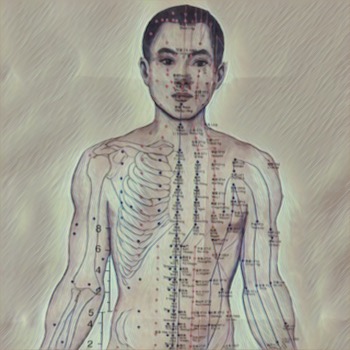
Insomnia usually occurs with nervous stress, and they cause muscle tension. Persistent, prolonged muscle spasms impair blood circulation, which can lead to diseases of the spine and joints. Acupressure helps relieve these spasms. In addition, muscle spasms adversely affect the quality of sleep. Tibetan massage relaxes tense muscles, makes sleep more calm and sound.
Initial consultation - free of charge!
"Tibet" - a clinic of oriental medicine in Moscow. We have been working since 2007.
Extensive diagnostic and treatment options for more than 250 diseases.
+7 (495) 781-57-57
Who treats
this disease
prices for acupuncture and reflexology services for sleep disorders
Why people visit the clinic
“Yellow Emperor” Competent
doctorsSafety and sterility guarantee
Author's
treatment methods
When a person literally falls down from fatigue and goes to bed in anticipation of sweet dreams, but cannot fall asleep, it is still too early to talk about chronic sleep disturbance.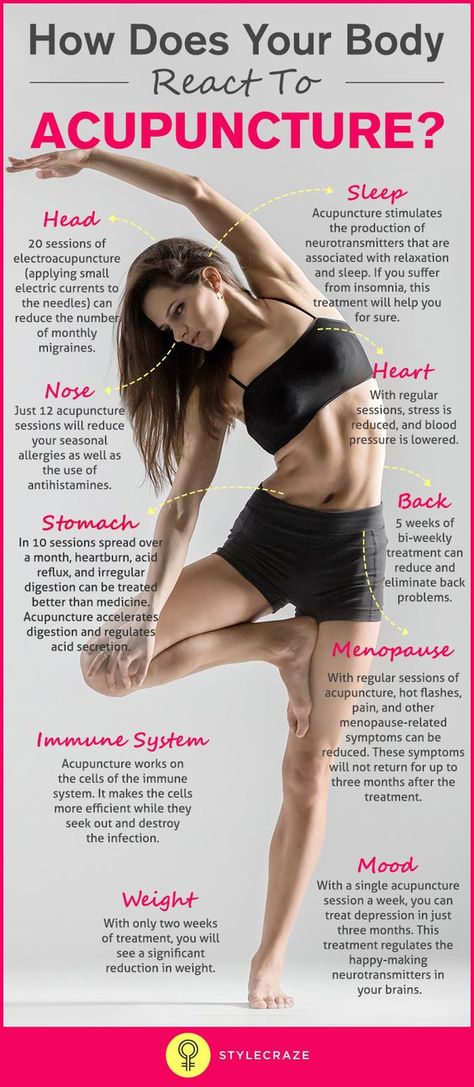 But if the situation repeats itself with enviable constancy, then we can safely say: this is insomnia, and we need to fight it.
But if the situation repeats itself with enviable constancy, then we can safely say: this is insomnia, and we need to fight it.
Why people can't sleep
There are several reasons for this, and some of them can be completely eliminated. For example, sometimes it helps to simply ventilate the room, review the diet, eliminate the use of caffeinated drinks in the evening, or simply buy a new mattress and other bedding. In addition, there are other reasons for the appearance of insomnia:
- stress;
- depression;
- disorders of the nervous, digestive, endocrine and cardiovascular systems;
- pain syndrome that accompanies certain diseases;
- taking drugs that affect the nervous system;
- consequences of head trauma;
- unstable psycho-emotional state.
In fact, there are many more reasons, and the consequences of sleep disturbance do not have the best effect on health. Naturally, this problem needs to be addressed, and acupuncture for insomnia, reviews of which are mostly positive, is one of the methods of treatment.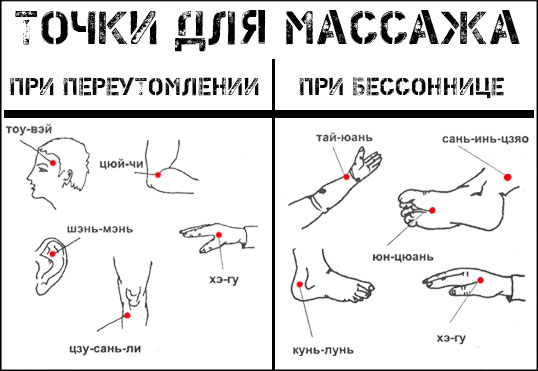
Acupuncturists
Shi Wei
Master of Chinese Medicine. Doctor of the highest category.
Works at Lanzhou Traditional Chinese Medicine Hospital.
35 years of clinical experience
Specialization:
- vacuum therapy
- acupuncture
- therapeutic massage
- phytotherapy
MoreMake an appointment
Song Xiaoyang
Master of Traditional Chinese Medicine. Doctor of the highest category.
Works at the National University of Lanzhou Chinese Traditional Medicine Hospital.
Clinical experience 20 years
Specialization:
- vacuum therapy
- acupuncture
- massage
- moxibustion
- phytotherapy
MoreMake an appointment
Prices for acupuncture
- Chinese specialists
- Russian specialists
Chinese specialists
| service | action | price |
| consul appointment Chinese doctors | always | free |
| acupuncture 30 min Chinese doctors | always | 4000 |
| acupuncture 60 min Chinese doctors | always | 8000 |
| electroacupuncture 30 min Chinese doctors | always | 3500 |
| capillary bloodletting Chinese doctors | always | 1600 |
| acupressure up to 15 min Chinese doctors | always | 2200 |
| acupuncture 30 minutes (7 sessions) Chinese doctors 30% discount | always | 19600 |
| acupuncture 30 minutes (10 sessions) Chinese doctors 30% off | always | 28000 |
| acupuncture 30 minutes (7 sessions) under 18 Chinese doctors 30% discount | always | 15680 |
| acupuncture 30 minutes (10 sessions) under 18 Chinese doctors 20% discount | always | 22400 |
| acupuncture 30 minutes under 18 Chinese doctors | always | 32000 |
| therapeutic massage for children 30 minutes Chinese doctors | always | 2900 |
| acupuncture 30 minutes (7 sessions) Chinese doctors 25% discount | pensioners | 21000 |
| acupuncture 30 minutes (10 sessions) Chinese doctors 25% discount | pensioners | 30000 |
| acupuncture 30 minutes (7 sessions) Chinese doctors 30% discount | share | 19600 |
| acupuncture 30 minutes (10 sessions) Chinese doctors 30% off | share | 28000 |
| acupuncture 30 minutes (7 sessions) under 18 Chinese doctors 30% discount | share | 15680 |
| acupuncture 30 minutes (10 sessions) under 18 Chinese doctors 30% off | share | 22400 |
| acupuncture 30 minutes (7 sessions) Chinese doctors 50% discount | share | 14000 |
| acupuncture 30 minutes (10 sessions) Chinese doctors 50% off | share | 20000 |
Russian specialists
| Service | action | price |
| consultation of a Russian reflexologist | free | |
| consultation with a Russian reflexologist with nutrition advice | 1.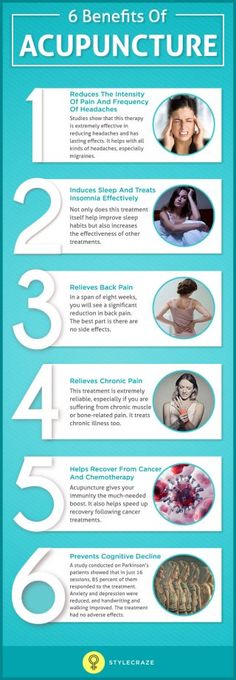 500 500 | |
| acupuncture 30 min reflexologist | 2,000 | |
| acupuncture 60 min reflexologist | 4,000 | |
| capillary bloodletting by a reflexologist | 1.100 | |
| acupuncture 30 minutes (7 sessions) reflexologist 20% discount | always | 11.200 |
| acupuncture 30 minutes (10 sessions) reflexologist 20% discount | always | 16,000 |
| acupuncture 60 minutes (7 sessions) reflexologist 20% discount | always | 22.400 |
| acupuncture 60 minutes (10 sessions) reflexologist 20% discount | always | 32,000 |
| acupuncture 30 minutes (7 sessions) reflexologist 30% discount | pensioners | 9.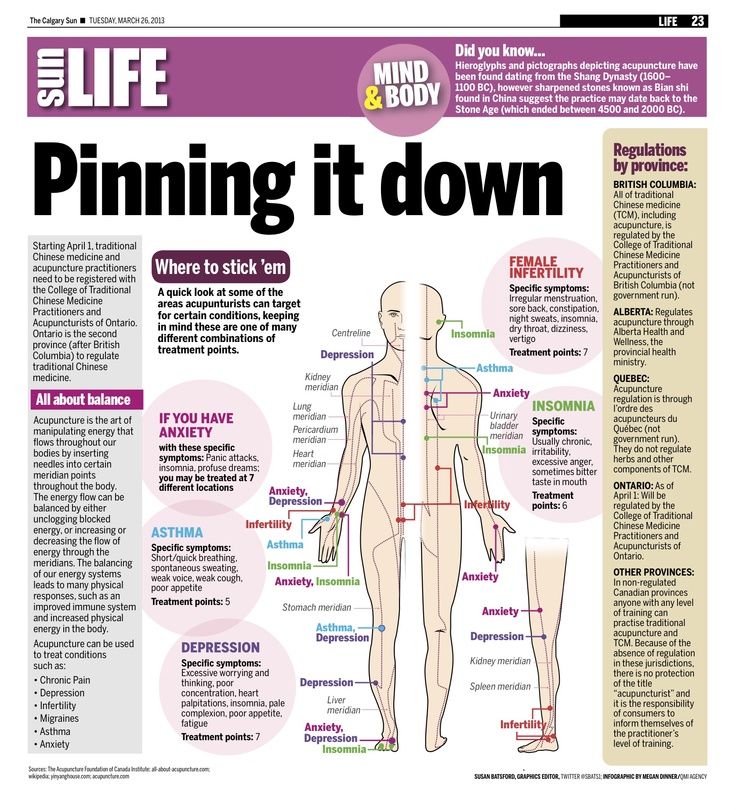 800 800 |
| acupuncture 30 minutes (10 sessions) reflexologist 30% discount | pensioners | 14,000 |
Get a free consultation
specialist
Leave a request and our specialist
will call you back within
15 minutes
By clicking on the "Get a consultation" button, you agree to the processing of personal data in accordance with the Terms
Application
accepted
Leave a request
and our specialist
will call you back
within 15 minutes
Good
Consent to the processing of personal data
I express my consent to the processing (including receiving from me and / or from any third parties) of my personal data in the manner and under the conditions determined by Federal Law No. 152-FZ "On Personal Data", including by third parties, including the collection, systematization, accumulation, storage, recording on electronic media, use, distribution (transfer) of personal data, as well as the implementation of any other actions subject to applicable law for the purpose of concluding any contracts with me and their further execution; making decisions or taking other actions that give rise to legal consequences in relation to me; provide me with information about the services provided; promoting the services of the campaign by making direct contact with me through the means of communication. Consent is valid until the expiration of the storage period established by the legislation of the Russian Federation and can be revoked at any time upon written application.
Consent is valid until the expiration of the storage period established by the legislation of the Russian Federation and can be revoked at any time upon written application.
Acupuncture – a method proven for centuries
The scope of application of miracle needles in alternative medicine is quite wide, although they themselves play a secondary role, since the success of the entire event largely depends on the qualifications of the specialist and his skills. For this reason, it is worth entrusting your health exclusively to doctors with solid experience and appropriate education. Why is acupuncture treatment for insomnia a highly effective treatment? Because this method allows not only to eliminate external manifestations (that is, the inability of the body to go to sleep), but also to have an impact on the root of the problem, which, as a rule, is hidden in a disorder of the nervous system and disorders of the internal organs. Thanks to well-placed needles, there is a chance:
- relieve neuralgic pains;
- strengthen the immune system;
- improve blood circulation;
- increase the body's resistance to negative external influences.
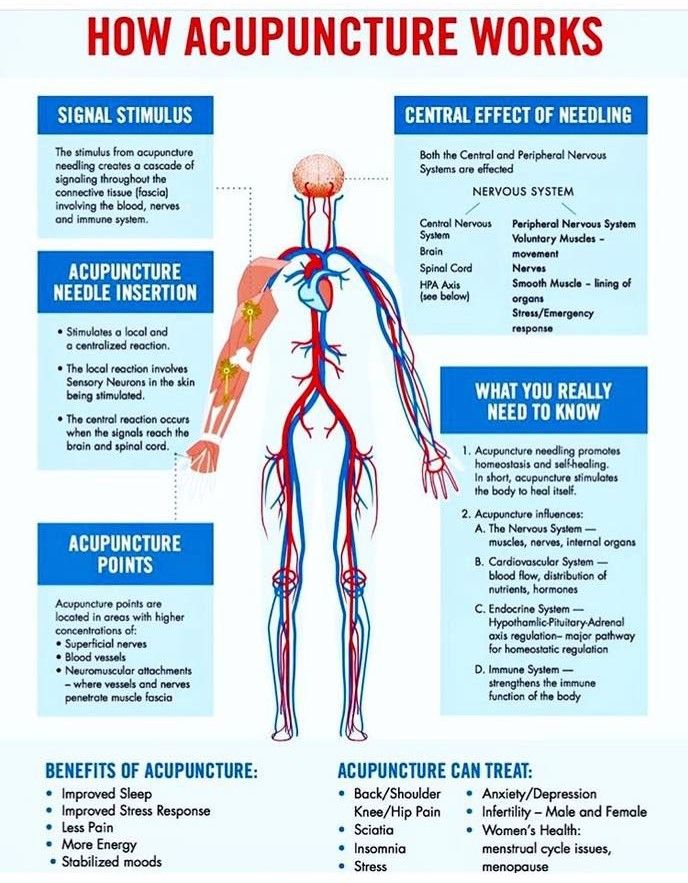
In fact, acupuncture is able to mobilize the body's resources, and without the participation of drugs, although other methods will be appropriate in some clinical cases to achieve the best effect. For example, acupressure or hirudotherapy.
What are the contraindications
There is no treatment in nature that is ideal for all patients. Acupuncture for insomnia has a number of contraindications. This method cannot be used if:
- the presence of malignant and benign tumors;
- pregnancy and lactation;
- acute form of tuberculosis;
- serious mental disorders;
- taking certain medicines, such as hormonal drugs;
- renal and heart failure;
- elevated body temperature;
- poor blood clotting;
- menses.
In addition, acupuncture is not suitable for children under five years of age. Before taking the course, the specialist conducts an individual consultation.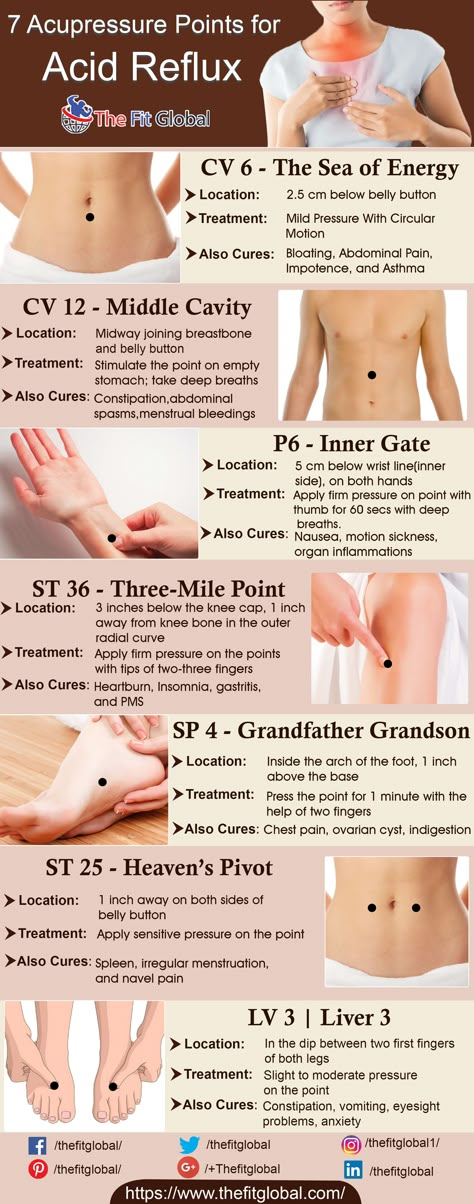 It should be taken into account that after an acupuncture session, one should not drive a car and work on complex technological equipment, since the procedure has a direct effect on the nervous system.
It should be taken into account that after an acupuncture session, one should not drive a car and work on complex technological equipment, since the procedure has a direct effect on the nervous system.
- Setting points
- Benefits and harms
- Indications and contraindications
Acupuncture treatment at the clinic
“Yellow Emperor” Step 1 Leave a request
on the site
Leave a request Step 2 Get a free
consultation
in our clinic Step 3 Take
a course of treatment
at the clinic
Patient reviews
In recent years, I have been suffering from insomnia more and more often and the doctor said that this is due to nerves (I am very worried about children) and due to age. I don’t want to switch to pills at all, there’s nothing good in that. Usually I am extremely distrustful of non-traditional medicine, although I always use folk “weed-baths” - there will be no harm. And then my brother advised me to try acupuncture, he says, the surest way. I doubted for a long time, still a strange method for a Russian person. But when he came to the first appointment, the doctor explained the principle of exposure and advised what to combine with for a greater effect. There were three sessions. I can’t say anything about the long-term effect, but yesterday and the day before yesterday I slept like a log all night
I doubted for a long time, still a strange method for a Russian person. But when he came to the first appointment, the doctor explained the principle of exposure and advised what to combine with for a greater effect. There were three sessions. I can’t say anything about the long-term effect, but yesterday and the day before yesterday I slept like a log all night
I have been suffering from insomnia for half a year now, after severe depression from a break with a loved one. Sleeping pills helped for some time, but quickly lost their effectiveness, and now I already need very strong drugs, which I am simply afraid to take all the time. The psychologist didn't help. Acupuncture, which I had heard a lot about before and which I nevertheless decided to do, at first scared me a lot, and then turned out to be not at all so painful and scary. Plus at the same time I go through phytotherapy. Emotional stress perfectly relieves
See also:
Still have questions?
Leave a request and our specialist
will call you back within
15 minutes
By clicking on the "Call me back" button, you agree to the processing of personal data in accordance with the Terms
Application
accepted
Leave a request
and our specialist
will call you back
within 15 minutes
Good
Consent to the processing of personal data
I express my consent to the processing (including receiving from me and / or from any third parties) of my personal data in the manner and on the terms determined by Federal Law No.